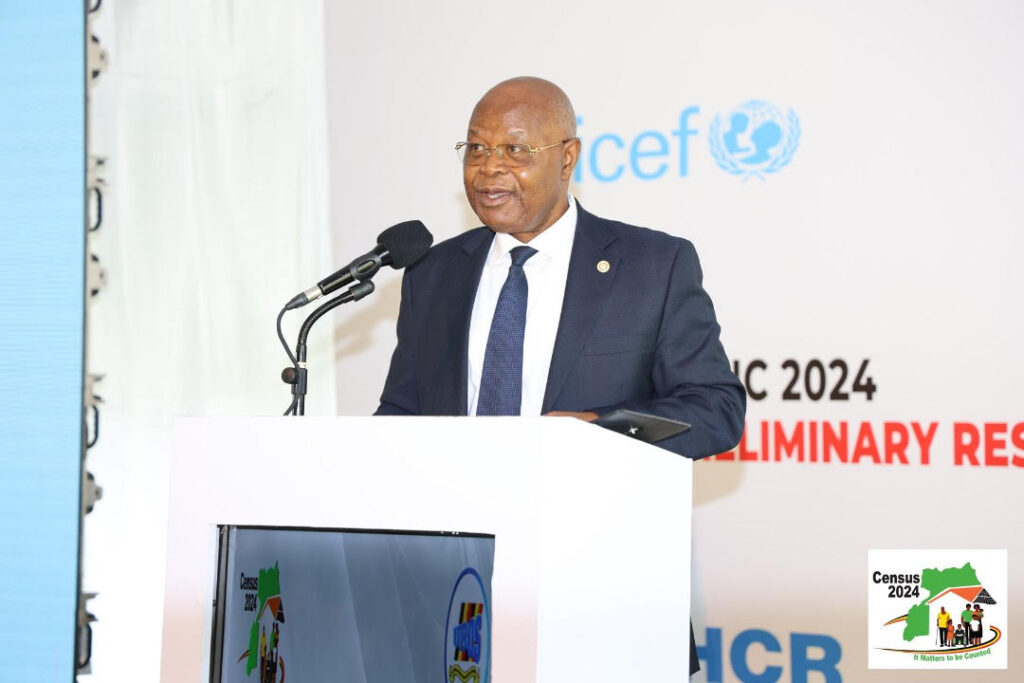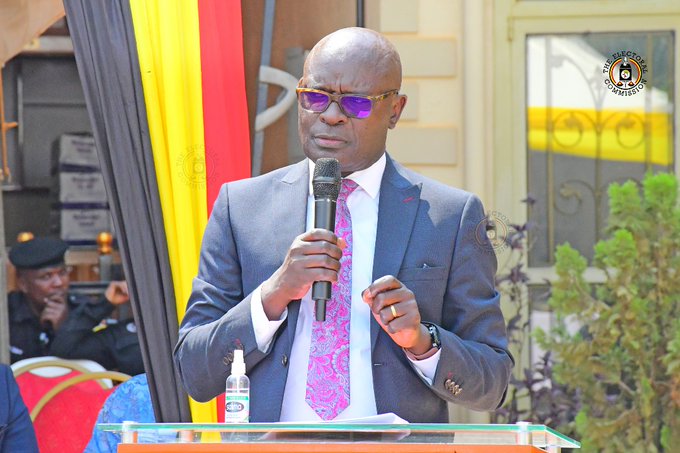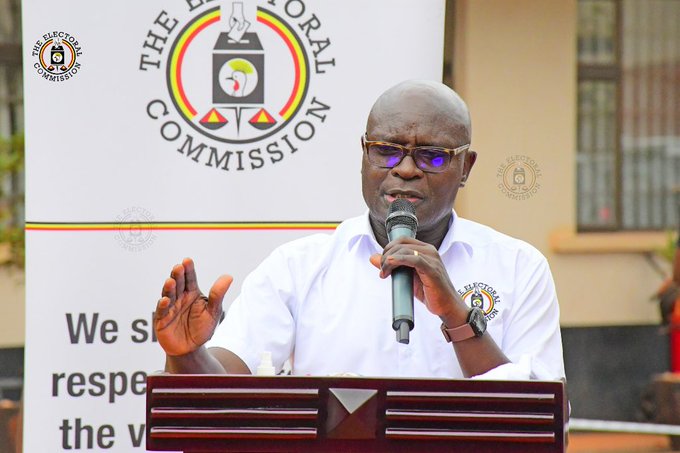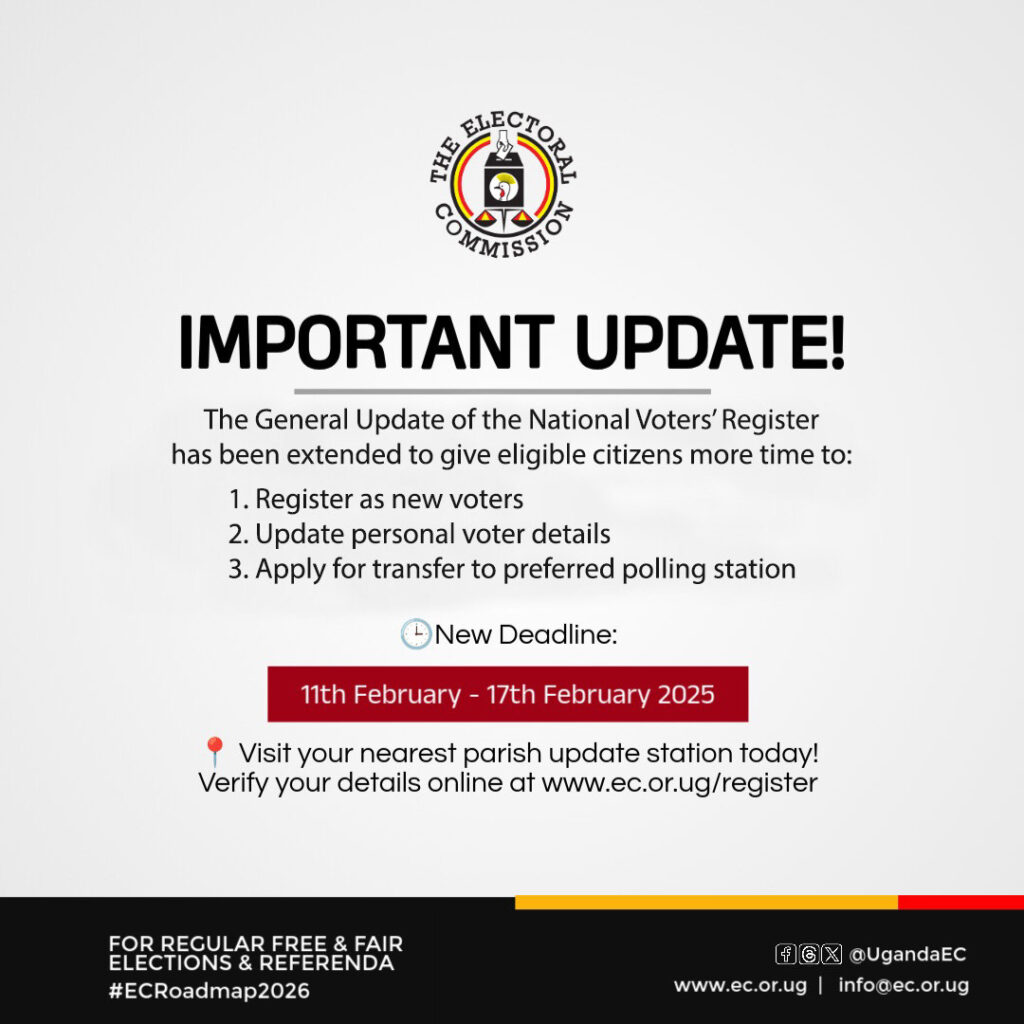Kampala, Uganda – In a landmark event currently underway at the Kampala Serena Hotel, the Uganda Bureau of Statistics (UBOS) has unveiled the preliminary findings of the 2024 national census.
The event, graced by the presence of His Excellency President Yoweri Kaguta Museveni, marks a significant milestone in Uganda’s journey of national development and demographic understanding.
From the remarks of the UBOS Executive Director Dr. Chris Mukiza, Uganda’s population has surged to 45,935,046, up from 34.6 million in 2014, reflecting an increase of 11.3 million people in the last decade. This figure includes 780,061 refugees, accentuating Uganda’s role as a significant host country for displaced
A Historic Moment
The anticipation leading up to this moment was palpable, with UBOS announcing the release of the preliminary results just hours before the event.
“The wait is over! UBOS is pleased to present to you the Preliminary Findings of Census 2024,” the bureau tweeted, generating a buzz across social media platforms.
The event saw the convergence of key stakeholders, including representatives from the Uganda Media Centre, Government Citizen Interaction Centre (GCIC), the Parliament of Uganda, and the Office of the Prime Minister.
Key Findings
As President Museveni took to the podium, he highlighted the importance of the census in shaping Uganda’s future policies and development strategies. “This census is not just about numbers; it’s about understanding our people, their needs, and how best to serve them,” he remarked.
The preliminary results reveal several significant trends and shifts:
1. Population Growth: Uganda’s population has surged to 45,935,046, up from 34.6 million in 2014, reflecting an increase of 11.3 million people in the last decade. This figure includes 780,061 refugees, underscoring Uganda’s role as a significant host country for displaced persons.
2. Urbanization: There has been a marked increase in urban migration, with Kampala and other major cities experiencing significant population growth. Urban areas now account for 30% of the total population, compared to 24% in the last census.
3. Education and Literacy: The literacy rate has seen an improvement, now at 76%, up from 72% in 2019. The government’s emphasis on universal primary and secondary education appears to be yielding positive results.
4. Economic Indicators: The census highlights an increase in household incomes and a reduction in the poverty rate, now at 19%, down from 21.4% five years ago. This aligns with the government’s economic reforms and poverty alleviation programs.
5. Healthcare Access: There has been an improvement in access to healthcare services, with 85% of households now within 5 kilometers of a healthcare facility, up from 78% in 2019.

Challenges and Opportunities
While the census results paint a generally positive picture, they also highlight areas that require urgent attention.
The high youth unemployment rate remains a significant challenge, with 23% of young people aged 18-30 unable to find work. Additionally, regional disparities persist, with northern Uganda lagging behind in several development indicators compared to the central and western regions.
President Museveni emphasized the need for continued investment in education, healthcare, and infrastructure to bridge these gaps. “We must ensure that every Ugandan, regardless of where they live, has access to the same opportunities and services,” he stated.
UBOS Executive Director Dr. Chris Mukiza has also addressed the difficulties faced during the census process.
“We faced various challenges, including hard-to-reach areas, failure to access some households, refusals by some religious cults, and deliberate refusals of households in gated communities.
Internal border conflicts in areas like Apaa, Ombechi, and Nyamisingiri further complicated the enumeration process,” he noted.
Looking Ahead
The 2024 census is a crucial tool for policymakers, researchers, and development partners as they work towards Uganda’s Vision 2040, which aims to transform the country into a modern and prosperous nation. The detailed data collected will inform strategic planning across various sectors, ensuring that resources are allocated effectively and equitably.
Dr. Mukiza expressed optimism about the future, stating, “This census provides us with a comprehensive understanding of our nation’s demographic dynamics. It is a foundation upon which we can build a more inclusive and prosperous Uganda.”

As the event concluded, there was a palpable sense of optimism and determination among the attendees. The preliminary census results not only reflect the progress Uganda has made but also serve as a roadmap for addressing the challenges ahead and unlocking the nation’s full potential.
Engaging the Public
The dissemination of the census findings has been bolstered by a strong social media campaign, with UBOS actively engaging the public and stakeholders. The bureau’s updates, including the challenges faced and the final population count, were shared in real-time on platforms like Twitter, ensuring transparency and broad public awareness.
The release of the 2024 census preliminary results is a testament to Uganda’s commitment to data-driven governance and development. Despite the challenges faced during the enumeration process, the census has provided invaluable insights into the nation’s demographic and socio-economic landscape.
With continued focus on addressing the highlighted challenges, Uganda is well-positioned to achieve its developmental goals and improve the quality of life for all its citizens.















